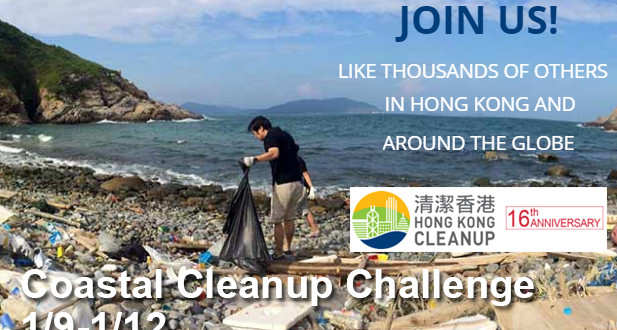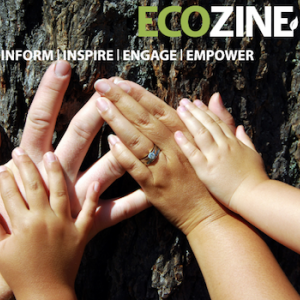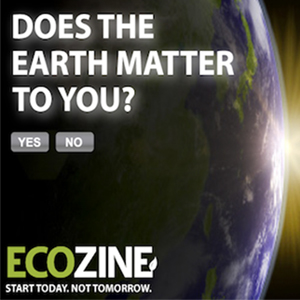Be a Clean Hong Kong Hero!
Now that the 2016 Hong Kong Cleanup Challenge is in full swing (1 Sept – 1 Dec), everyone in Hong Kong is welcome to join in the citywide effort to make Hong Kong clean and beautiful, by signing up a team for the Cleanup Challenge (HKcleanup.org)!
But whether or not you’re able to get out and clean a country park trail or beach, there are many ways that you can make a difference to our environment every single day.
The organizers of Hong Kong Cleanup have shared some simple tips on reducing your ‘waste footprint’ and creating a more positive impact on the planet!
At the beach:
– Never litter! Throw your trash into recycling or rubbish bins instead of leaving them on the beach. Even if the beach is cleaned regularly, a gust of wind can take your harmful trash to areas that cannot easily be reached, and then it will stay in the environment for a long time. Don’t be ‘that person’!
– Don’t bring garbage to the beach. Use reusable containers when you bring food to the beach, and carry them in a cloth bag instead of a disposable plastic one. When you look around and see how much garbage can be produced by one single family on a day out, you will be happy and proud to be doing the right thing and leading by example.
– Smokers alert. If you are a smoker, throw your cigarette butts into a cigarette bin, never on the ground. Many cigarette smokers don’t realize how harmful the butts are, but in fact cigarette butts are highly toxic, and release damaging chemicals when they are exposed to rain or sea. They are not biodegradable and won’t ‘go away’. Please dispose of them responsibly!
Shopping:
– Know what’s in your kitchen. Take stock before you go grocery shopping, so you don’t buy things you don’t need. Buy exactly what you need. For example, if a recipe calls for two carrots, don’t buy a whole bag. Instead, buy loose produce so you can get the exact number you’ll use (wet markets are perfect for this!). Take a list with you so you can stay focused, and try to avoid buying food items that you don’t have a specific plan for.
– When you get home, remember to rotate. When unpacking groceries, use the FIFO Method (‘First in first out’): Slip newly-purchased items into the back of your fridge or cupboard, and finish the older ones at the front before you open a new container. Rotate dry and canned goods, too. This way food won’t get forgotten or wasted.
– Pay attention to the packaging. For example, many products, from cookies to toilet-roll, come individually wrapped inside the outer packaging, creating unnecessary and wasteful extra layers of plastic that will go straight to landfill. Look for brands that are only packaged in one layer of wrapping. And, of course, take your own shopping bags, and refuse extra packaging at the checkout counter, like plastic bags for fruits and frozen items.
At home:
– Avoid bottled water. Hong Kong tap water is among the safest in the world, and you can save a lot of money (and plastic!) by taking advantage of this fact. If you live in a building with old or rusty pipes and are still unsure about drinking from your tap, installing a filter is an easy solution to ensuring the water quality. Did you know that most bottled water comes from municipal water supplies anyway? You’re just paying for the plastic, the brand and the transportation!
– Donate! Rather than throw away unwanted items, gather up extra clothing, books, home necessities, toys or school supplies and donate them to local charity organizations to sell or give to the needy. There are government-managed receptacles all over Hong Kong that accept gently-used and unwanted clothing, furniture, and other goods. Baby supplies to orphanages. Old towels, blankets can sometimes be donated to animal shelters.
– Pack your own lunch. It will save you money, and bring you a nice flavour of home during a busy day at work. Plus you won’t have to worry about spending your lunch hour queuing or waiting for food, you can just take the time to relax and enjoy your meal. And, of course, it will save the planet from having to absorb unnecessary packaging waste. It is easy to find cool, fun containers in all shapes and sizes, as well as reusable utensils and cloth napkins.





